Challenges with land policy in the Democratic Republic of the Congo date back to the late 19th century, when King Leopold of Belgium declared all “vacant land” in DR Congo as his own (Congo Free State), creating two parallel systems of land management: one system administered by the Belgian colonial authorities and the other established through the practices of local customary chiefs.¹ Between 1928 and 1956, the Belgians forcefully relocated people groups within Eastern Congo in order to provide labor for European-owned projects. These imperialistic acts set the foundation for much of the land conflict in eastern DR Congo today.
The colonial impact on land management has contributed to long-standing conflict at many levels: individual, family, clan, village, and district. Actions taken nearly 150 years ago are still a critical source of instability and violence in Congo. Land matters because it is the key to survival and feeding one’s family and a means of securing natural resources. In 2015, 80% of court cases in Beni, where CI-UCBC operates, involved conflicts over land. Divisive administrative practices have continued through the State’s land management services that are vulnerable to corruption and lack technical expertise, resulting in confusion and conflict as the same plots of land are sold to different people. These disputes are not always settled in the courthouse, which often lacks its own credibility. Sadly, they often spill over into local violence.
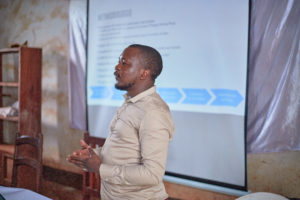 In 2014, UCBC students and staff at the Integrated Research Institute set out to create a community-based intervention that would address land conflict and restore justice for community members. Their vision was simple – provide essential information related to land ownership for both government and community members in order to reduce and prevent land conflict. As a pilot project, the Sharing The Land (STL) team used technology to track all land ownership in Masiani, one of the most conflicted neighborhoods of Beni. In addition, the team held a series of community meetings to engage public and private partners, listened to residents’ concerns, and gained input that would shape a more equitable system. Through this pilot, the team produced the first official digital map of the city, which served as a foundation for future data analysis. By actively involving land stakeholders in the process, they cultivated community ownership of the resulting systems which has led to a documented reduction of conflict over time.²
In 2014, UCBC students and staff at the Integrated Research Institute set out to create a community-based intervention that would address land conflict and restore justice for community members. Their vision was simple – provide essential information related to land ownership for both government and community members in order to reduce and prevent land conflict. As a pilot project, the Sharing The Land (STL) team used technology to track all land ownership in Masiani, one of the most conflicted neighborhoods of Beni. In addition, the team held a series of community meetings to engage public and private partners, listened to residents’ concerns, and gained input that would shape a more equitable system. Through this pilot, the team produced the first official digital map of the city, which served as a foundation for future data analysis. By actively involving land stakeholders in the process, they cultivated community ownership of the resulting systems which has led to a documented reduction of conflict over time.²
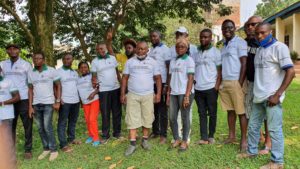
The vision of STL was never to remain a small project only focused on a neighborhood in Beni. In order to be truly transformative, this model for participatory engagement had to be applied elsewhere. The program also mapped a neighborhood in Goma, the provincial capital of the North Kivu province. In November 2021, program manager and UCBC alum, Serges Vuthegha, joined other leaders and experts from the National Land Reform Commission to present a proposed national land policy document, based on successful field experiences. The Integrated Research Institute played a significant role in developing this document, and those attending the workshop demonstrated the political commitment at the highest levels of DRC governance to a peaceful, socially integrated, and economically dynamic republic due to the improvement of land governance.
Over 50 years after independence, and more than seven years after the STL pilot began at IRI-UCBC, the National Land Policy of the Democratic Republic of Congo was approved by the Council of Ministers on 15 April 2022. The Minister of Land Affairs declared that it was “…a significant step forward in the process of land reform undertaken since 2012.”³ The new policy is expected to lead to substantial improvements in land reform. It will ease the recognition of tenure security of customary lands in both urban and rural areas, along with subsequent land transactions. It will improve the recognition of land rights of marginalized groups, particularly women and indigenous peoples. It makes way for the land administration to be modernized, the transparency and delivery of land administration services to be improved, and land administration functions to be decentralized. The policy will make it easier to prevent and resolve conflicts over land.4 UN-Habitat and GLTN are now working with the National Land Reform Commission (CONAREF) and other key partners to revise and develop a new land law based on the approved policy.
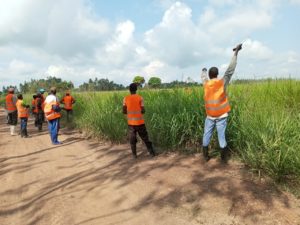
¹ConDevCenter at Texas A&M. Sharing the Land, YouTube, 2 July 2015, https://www.youtube.com/watch?v=yFDCd12xZmo. Accessed 1 June 2022
² Reed, Alex. “Promoting Peace through Effective Land Management in the Democratic Republic of the Congo.” Research Technical Assistance Center, USAID, 21 July 2021, https://www.rtachesn.org/stories-and-news/promoting-peace-through-effective-land-management-in-the-democratic-republic-of-the-congo/
³ “DR Congo Adopts National Land Policy.” Global Land Tool Network https://gltn.net/2022/05/04/dr-congo-adopts-national-land-policy/
4 “DR Congo Adopts National Land Policy”
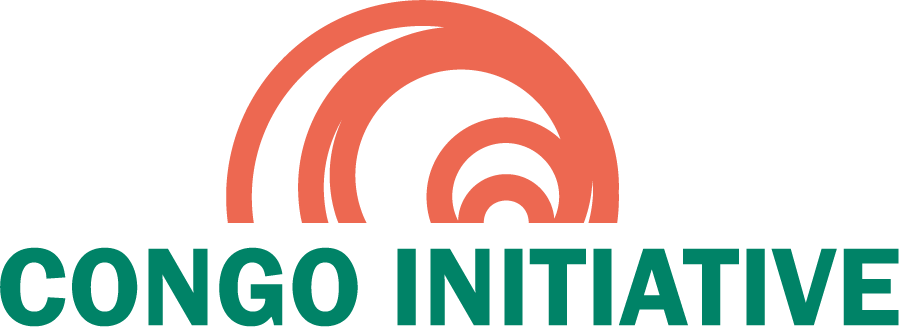
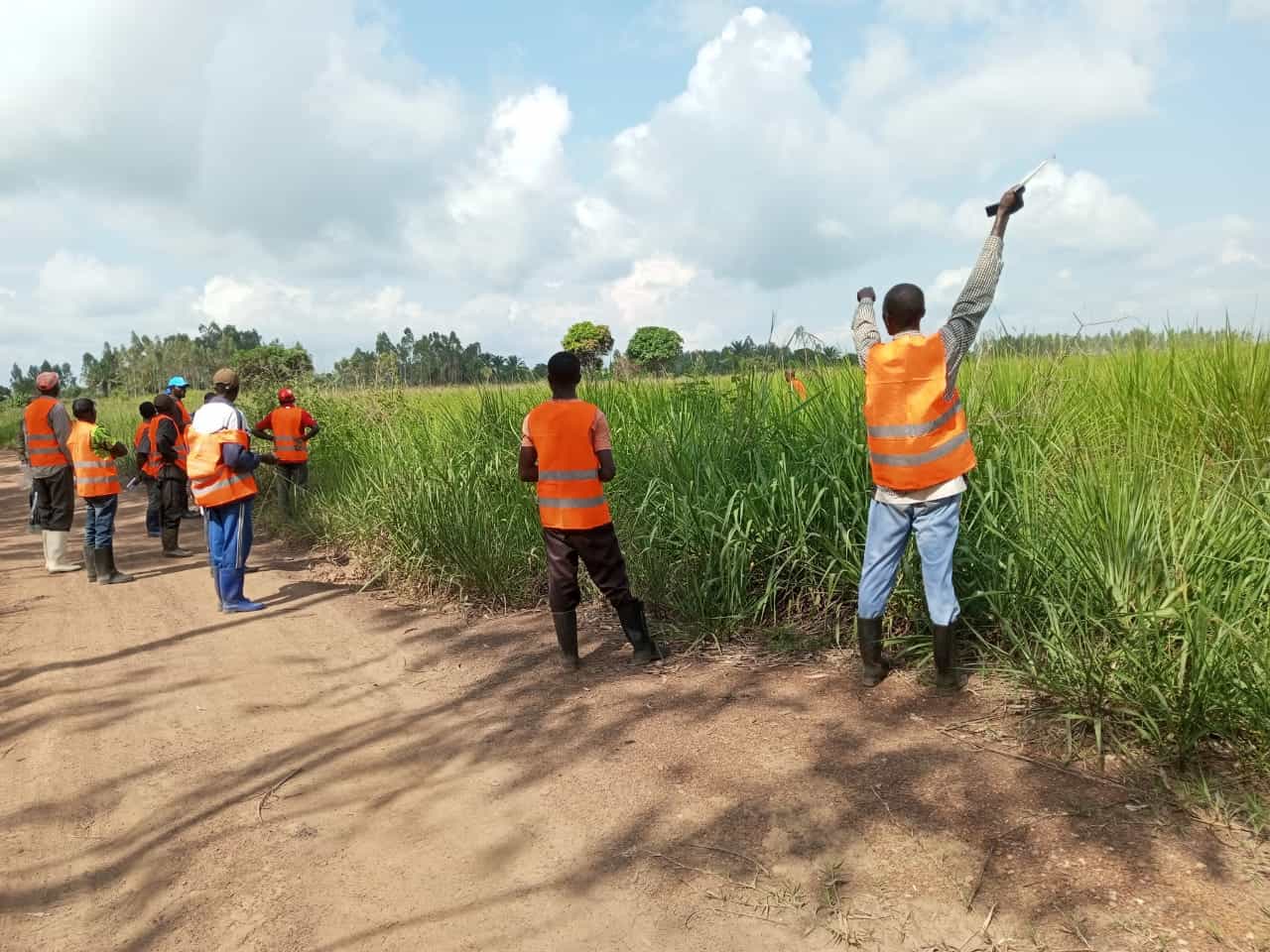
Leave a Reply